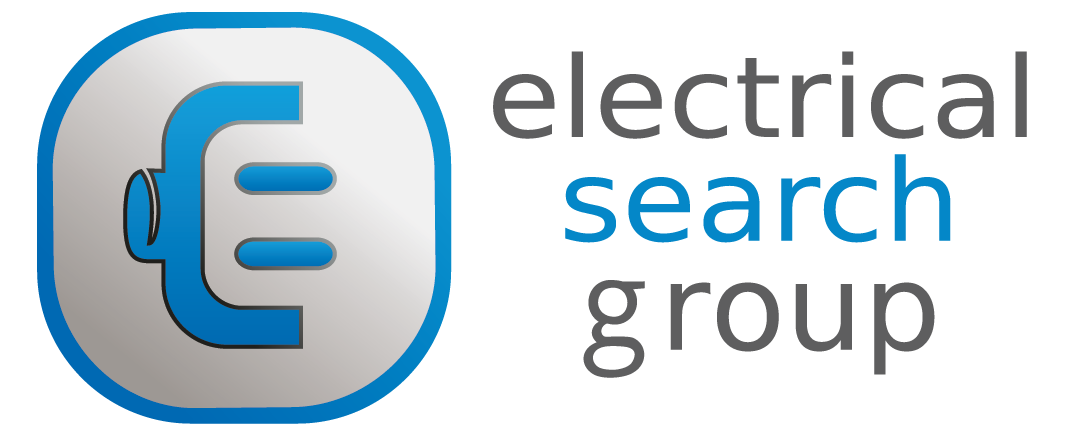In the modern workplace, there has been a shift in expectation from the traditional work day to a more flexible attitude regarding the work schedule. In the past, employees were confined to the traditional 9-5 hours, mostly because the business required their physical presence during those work hours. While this still remains necessary for many careers/industries, many companies have shifted toward more flexible work schedules. Within the last few decades, technological innovations and globalization have been changing the game and altering traditional workplace norms. For some occupations, the ability to work at any time from any place has enabled employees to work remotely and/or work nontraditional hours.
Leading the pack of workplace flexibility is Generation Y, or the Millennial Generation. A study by “Mom Corps” conveys the values of the modern generations: 37% of workers would accept a reduced salary if it meant increased work flexibility. That is over one third of an entire generation putting more value on their time than on their paycheck.
While traditionalists may find these changes uncomfortable, it is important for companies to recognize the importance of this workplace flexibility. A less structured environment does not mean less productivity. ESG reviews why it is important for forward-thinking companies to allow workplace flexibility for their employees.
Reducing Negative Workplace Spillover
First, it’s important to understand what “Spillover” is and how it can be both positive and negative depending on the circumstances. Spillover occurs when attitudes, behaviors, or moods fostered in one environment are generalized to other areas of a person’s life. For example, a child nurtured in a loving home environment will be more likely to carry a positive attitude with them to school. Conversely, a child growing up in a disruptive home receiving mostly negative attention can develop an attitude of resentment and is more likely to act out negatively toward others in their school environment.
As working adults, we can experience these spillovers as well. An overworked employee can be taxed both physically and mentally, which eventually affects not only their overall performance at work, but similar to the child at school, that negative energy is then brought home with them. Having already been pushed to their limit, there little left for positive interaction with friends and family. This is what we refer to as negative workplace spillover.
Studies have found that increased workplace flexibility can greatly reduce that negative spillover, for both employers and employees. From the “National Study of the Changing Workforce” (NSCW), a compilation of studies from the U.S. and Canada indicate that employees with higher job stress or higher demanding jobs experience more work interference with their family life. Further, those with increased schedule flexibility had less negative spillover from the workplace into their personal lives. This in turn can help feed the positivity cycle of a healthy work-family balance.
Improving Work-Family Balance
The work-family balance is a two-way street in that one can significantly affect the other, and vice versa. Again, these effects can be positive or negative, or even a mixture of both. For example, a job may negatively affect an employee with undue physical or psychological stress; however, the salary and employee benefits have a positive impact since it financially supports the individual and their family. For that reason, the employee may choose to endure the negative factors.
A review by the Boston College Center for Work and Family shares some interesting statistics, all of which support implementing a flexible workplace schedule:
Higher Productivity: Both managers and employees surveyed report a directly positive and even ‘very positive’ impact on productivity. 70% of managers and 87% of employees favor a flexible working arrangement for these reasons.
Quality of Work: 65% of managers and 87% of employees report an increase in the quality of work due to flexible working arrangements.
Employee Retention: 76% of managers have experienced positive benefits in terms of retention as employees remain more fulfilled in their workplace.
As businesses continue to encourage less stressful environments for their employees, all parties will reap the benefits. The individual is allowed more control of their life and their own time, enabling more outlets for creativity, relaxation, and wellness. Families benefit from less negative spillover from the individual and are able to spend more time together, cultivating a better future generation. Employers benefit from a healthier, happy employee who is more productive, efficient, and loyal.
Creating a Healthy Workplace
Most employers have dealt with the stress of losing an employee to some kind of illness. Caring about the long term health of your employees can be a very profitable endeavor as losing a key employee for a long period due to serious illness can be devastating to the business’s bottom line. An “NSCW” study of workers in extended-care facilities revealed that those who worked under highly demanding managers and low work-family flexibility were at an elevated risk of cardiovascular disease (CVD). These people also experienced reduced sleep and more mental health problems compared to employees with better work-family dynamics.
It is interesting to note that these studies also took into account the level of education of the individual. Despite having the knowledge and resources regarding self-care, risk factors, diet, etc., employees were still less likely to engage in positive health habits if their work-life balance was out of place. All this evidence makes a strong argument that creating a flexible work environment is not only going to make your employees happier; it will make them healthier too.
The Bottom Line: Happy, Healthy, and Productive Workplaces
Workplace flexibility is not a magic arrow that will fix all your business problems, but it is a step in the right direction. Happy and healthy employees tend to be more productive, more creative and can build stronger relationships. As employers continue to recognize workplace flexibility as a wellspring of potential benefits, we will see the brightest of our future generations attracted to those companies. And as our younger generations become more and more accustomed to this new and improved work-life balance it will become ever more important for employers to realize how powerful and important this shift in methodology can be.
For any questions or inquiries for ESG, you may reach out to us via our contact page.









